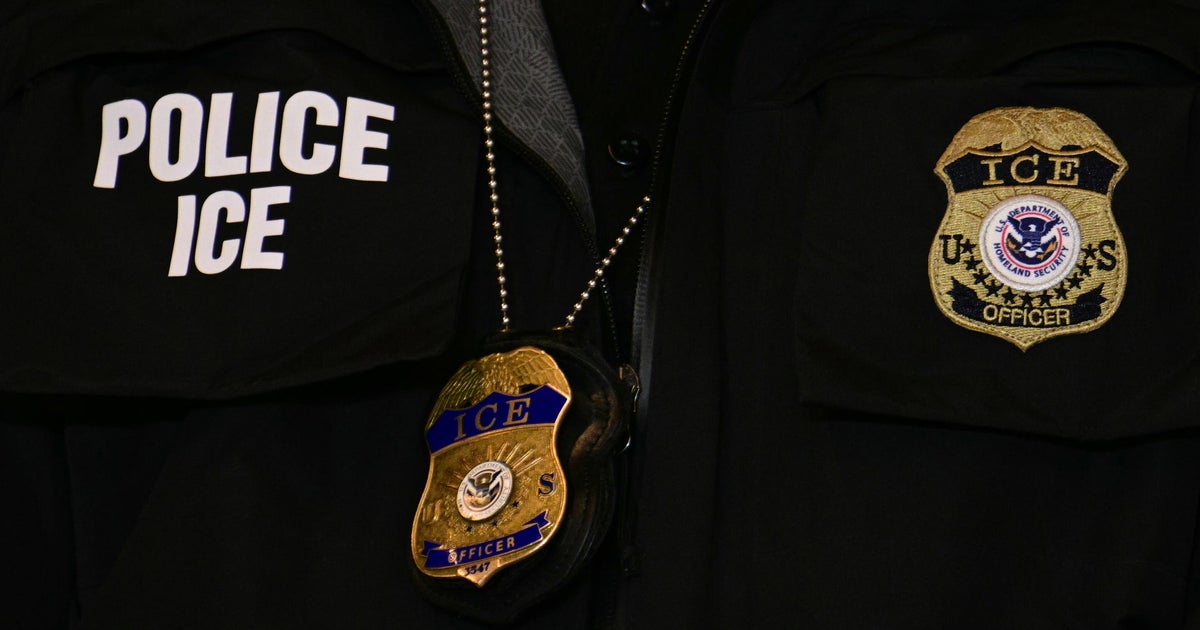Movie Review: 'J. Edgar'
by Bill Wine
KYW Newsradio 1060
The movie's about J. Edgar Hoover, but it feels more like J. Edgar Makeup.
That's how distracting the makeup is on star Leonardo DiCaprio and his aging castmates in director Clint Eastwood's J. Edgar, an otherwise absorbing biodrama about the legendary and controversial founder and head honcho of the FBI.
DiCaprio stars as Hoover, who, as the ultimate G-man and director of the Federal Bureau of Investigation for nearly half a century -- a period that saw US involvement in three wars and the administrations of eight presidents -- was at least as powerful and influential and polarizing as any American, his form of absolute power absolutely corrupting him.
Here was an autocratic bureaucrat who was more than willing to flaunt his unchecked authority, bend the rules, and confront anyone in power whom he felt was either a potential or established enemy of the state (as, for example, icons JFK, RFK, FDR, and MLK) and about whom he had potentially damaging information that he could use to threaten, bully, control, and compromise them; all of this in the name of what he perceived as justice and law enforcement, changing the face of the latter and forensic science forever.
So Hoover spent his career collecting secrets about others in power while protecting his own.
His constant companion, Clyde Tolson, played by Armie Hammer (The Social Network), who would eventually become his second-in-command at the FBI, was perhaps one of his most cherished secrets, in that their apparently platonic relationship is portrayed as textbook repressed sexuality.
There were two women who were especially prominent in Hoover's life: his strong-willed and controlling mother, played by Judi Dench, with whom he lived until her death, and his devoted secretary, played by Naomi Watts, who rejects his half-baked come-on on their odd, third date, after which they decide to have a platonic working relationship, which they did until his death.
Director Eastwood (Hereafter, Invictus, Gran Torino, Million Dollar Baby, Mystic River) works from a time-hopping screenplay by Dustin Lance Black (who scripted and won an Oscar for Milk) that uses the framing device of Hoover, as the most unreliable of narrators, giving us his side of the story by dictating his memoirs to a succession of young FBI agents over the course of years.
Meanwhile, Eastwood plays it perhaps a tad too close to the vest. He could have used not only a dash or two of reckless disregard for mainstream sensibilities, but also more judicious editing to shorten the film or accelerate the pacing. However, there is nonetheless a never-less-than-interesting history lesson tucked in the film's hems.
Speaking of which, the film offers an interesting reading of, and explanation for, Hoover's alleged cross-dressing.
DiCaprio, whose excellence we continue to take very much for granted in movie after movie, plays Hoover from his early twenties through his late seventies and, although he's essentially miscast both because of the actor's body type and his innate likability, acquits himself admirably in terms of line readings, facial expressions, and gestures.
If his characterization remains primarily on the surface, perhaps that's because Hoover's calculated persona remained there as well.
But the bigger problem is that, in this outing, DiCaprio must act through enough prosthetic makeup to drive a viewer to literal distraction.
Eastwood, who also composed the music, doesn't exactly sweep the bromance angle under the rug and back into the closet, but it is handled with levels of restraint and ambiguity that border on coyness. It is, after all, speculation about Hoover's unsubstantiated personal life that has fanned the flames of interest in this subject down through the years.
Yet when all is said and done in J. Edgar, Hoover's secrets pretty much remain just that.
So we'll investigate 2½ stars out of 4 for J. Edgar, a restrained docudrama about the way Hoover vacuumed up damaging information on just about every American leader except himself.







